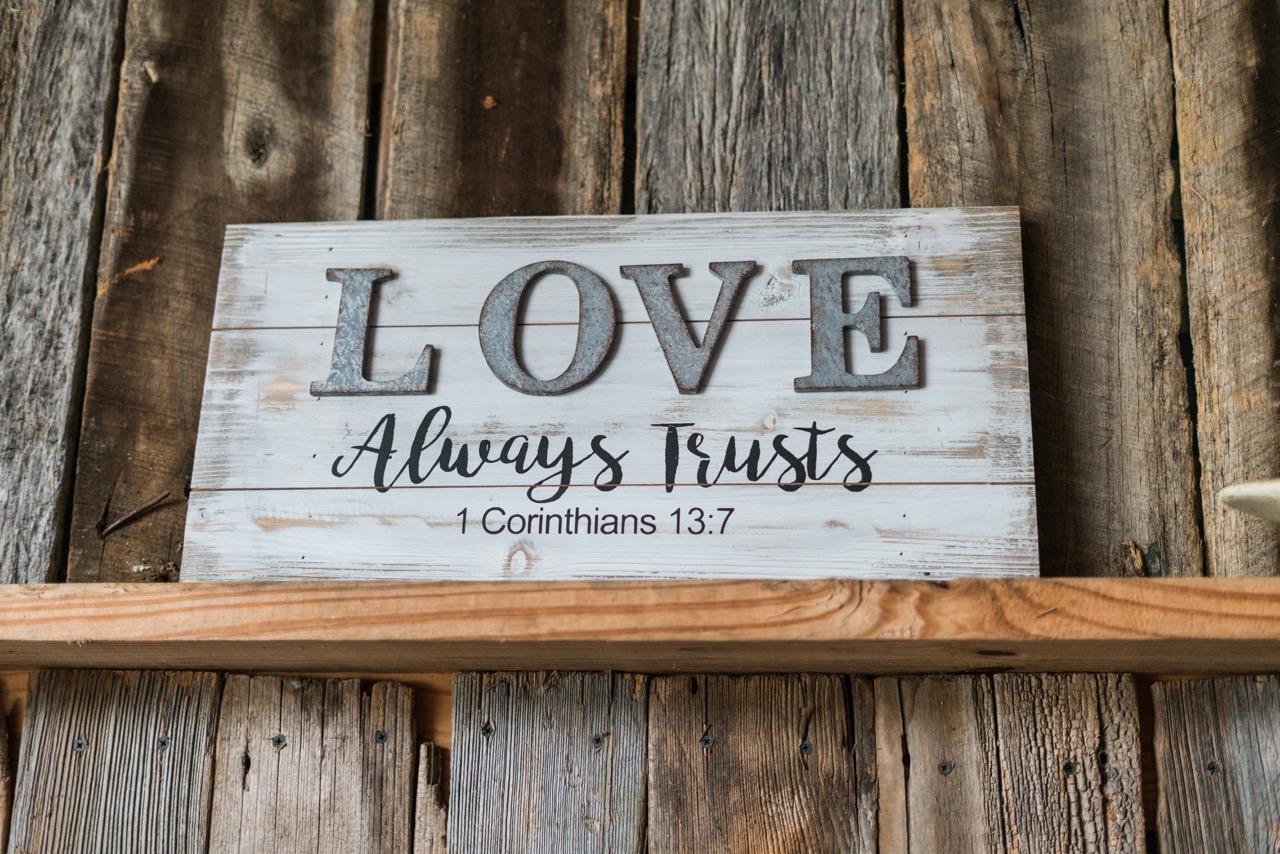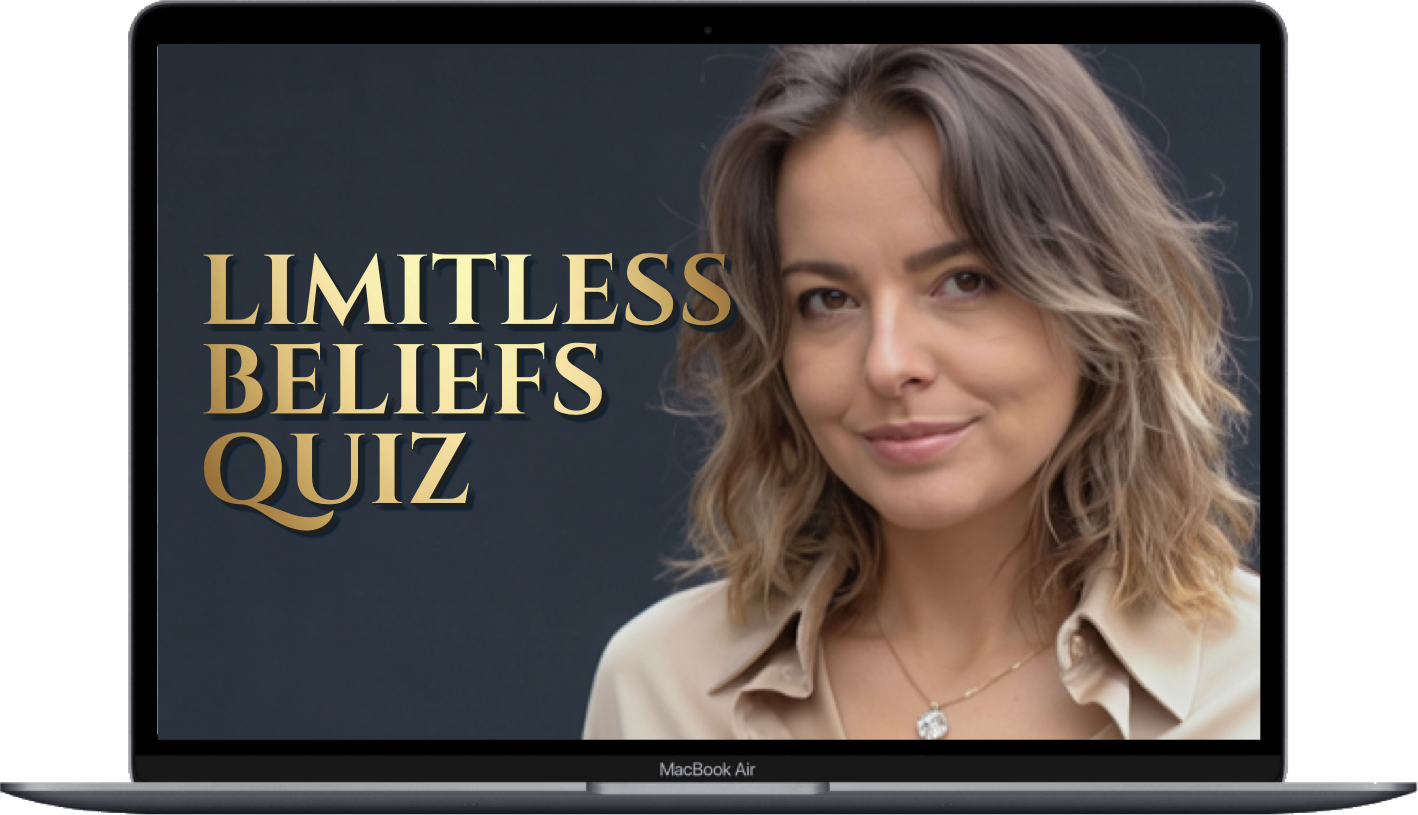It’s easy to talk about fairness in relationships by referring to the “rules” couples create together—those unspoken agreements about what’s okay and what’s not. If both partners decide that “left” is just as natural as “right,” then sure, there’s no room for complaints. But agreements alone don’t prevent pain. They don’t dissolve fear.
What’s often missed is why closeness itself can feel so terrifying. Some people are so whole in themselves that closeness doesn’t define their happiness. Others have been so deeply disappointed or hurt that they’ve learned to live without closeness entirely—as an act of self-preservation. Both paths can create unease in intimate connection.
Genuine closeness is fragile. Building it is hard. Keeping it intact—without cracks—is harder still. To be open with another is no small act. It’s a form of sacred cultivation, like tending a garden. And if it’s not nourished, it wilts. Relationships aren’t mechanical systems. They breathe. They need pollination. They need presence. Love is living—it can be born, it can ache, and it can die. We hold the power to bring it to life, and, sometimes, to end it.
I have no quarrel with love in its many forms. If two people meet and bloom together, creating something real—that’s a gift. But the word “real” matters. If it’s just lust dressed up as something deeper, it won’t feed anything lasting. I’m not against desire inside relationships—but I’ve learned, for me, that when lust is indulged without depth, it becomes destructive. Some might argue it should be expressed freely. But I believe it can and must be transmuted, elevated, honored. Just like we choose not to act on rage when it arises, we can choose how we channel our desires.
Let’s say I truly love someone—deeply, fully. If my heart feels so complete in their presence that there’s no space for anyone else, then the body without the heart feels empty. If they can separate those two experiences, maybe they don’t love me in the same way. Or maybe they just don’t feel love at all. That kind of imbalance breeds dependence. And dependence breeds fear.
Fear grows in the shadow of imagined loss. The loss of connection, the loss of peace, of stability, of self. Fear doesn’t begin with the act itself—it begins with the idea of something that might be taken away.
We often joke that “you can change” is something you tell your phone settings—not your partner. But even the most beautiful system—marriage, partnership, cohabitation—can’t guarantee immunity from longing or loneliness. There will always be someone in the world who might seem like a better fit for your partner in some way. That hurts. Especially if you’re not sure who you are without them.
Still, I admire those rare individuals like the fictional Don Juan (portrayed by Johnny Depp), who could truly see the beauty in every woman—not to possess it, but to reflect it back to her. That’s power. And Diego, in the film “Frida,” is described in a similar way. He doesn’t belong to anyone. He simply sees. Deeply. But there are very few people who can truly do that—see past the expected, beyond the surface, and into the essence of another.
If my beloved turns out to be one of those few—who brings light rather than takes it—I would be grateful. That kind of presence expands the world instead of escaping it. It opens doors rather than slipping out of them. It stays.
I still believe that closeness is natural. That we are meant to be with others—not out of lack, but from our longing to share the beauty of being alive. We may be seekers, Sufis even, but we’re also human.
One of my friends once said, “It’s a pity polygamy isn’t allowed. Some men shouldn’t be allowed to marry just one woman.” I smiled. But I also understood the sting in that joke. Not everyone is ready for the real work of loving. Not everyone wants to hold, water, and grow the fragile gift of closeness.



